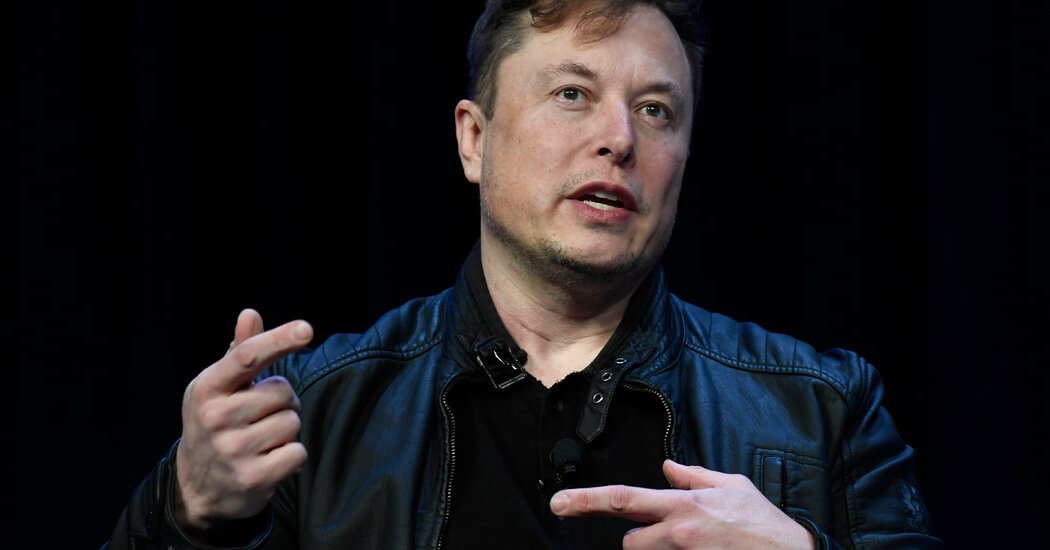Owning Twitter is tricky because the platform is subject to regulatory oversight and is embroiled in a debate about free speech online. The company has also faced difficulties, especially in a competitive digital advertising market. After Mr. Musk signed the acquisition agreement, Twitter reported revenue growth of 16 percent for the first quarter, less than the 20 percent it had forecast.
Within weeks, Mr. Musk tweeted that the deal was on hold and said he wanted more details about the amount of spam and fake accounts. At one point, he said closing a deal for Twitter at a lower price “wasn’t out of the question.” He also responded to tweets from Twitter CEO Parag Agrawal, who posted details about how the company detects and fights spam, with a poop emoji.
Behind the scenes, Twitter continued to give Mr. Musk and his team access to information about its platform, people with knowledge of the situation said. Last month, the company agreed to give Mr. Musk direct access to its “fire hose,” the daily stream of millions of tweets flowing through the company’s network. Twitter, which has said about 5 percent of its accounts have been spam since it went public in 2013, also said it’s an estimate.
Still, the number of fake accounts remained a concern for Mr. Musk. Years before proposing the takeover, he complained about spam on Twitter, saying the company should do more to authenticate its users. In 2020, he appeared at a Twitter employee event and said the company should do more to prevent spam.
Last month, in a six-paragraph letter, Mr. Musk’s attorneys demanded more information from Twitter about its fake account counting methods, claiming the company was “actively resisting and thwarting its rights.” The company “refused Mr. Musk’s data requests” to disclose the number of fake accounts on its platform, they said. That amounted to a “clear material breach” of the deal, the lawyers sued, saying it gave Mr Musk the right to break the deal.
Twitter said Thursday it had stepped up its efforts to detect and block spam after Russia used fake accounts to influence the 2016 US presidential election. The company added new requirements to the sign-up process and said it used human auditors to monitor the number of spam accounts. It also said it was deleting a million spam accounts every day and locking down millions more every week until the accounts’ administrators passed anti-spam tests.

